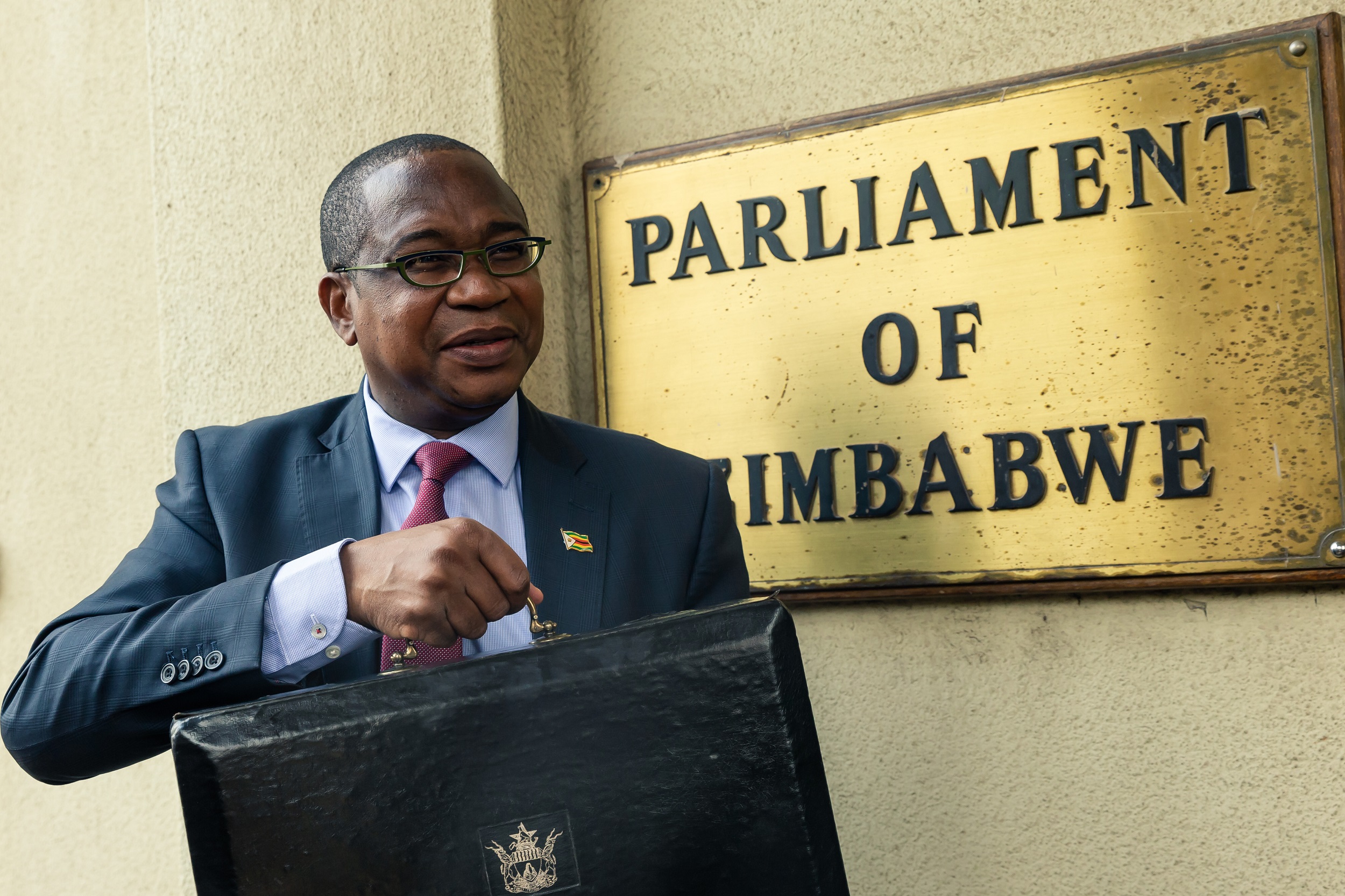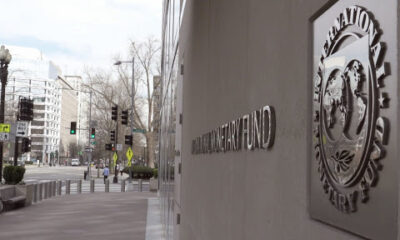GOVERNMENT ministries and local authorities have failed to implement recommendations of the Auditor-General, with new statistics showing an increase in findings that have gone unaddressed in previous reports, amid evidence that state institutions lack accountability.
NATHAN GUMA
The country has been grappling under increased illicit financial flows, which have been facilitated by poor public procurement procedure and bad governance.
Latest findings by acting Auditor-General Rheah Kujinga published in her report for the year ended 31 December 2022 show that government ministries have failed to implement key reforms recommended as far back as 2021, particularly on governance.
“I would like to acknowledge the ministries which have taken steps to implement my findings. Out of the 226 audit findings raised during the 2021 financial year, 73 (32%) were implemented, 24 (11%) were in progress and 127 (57%) were yet to be implemented,” reads the report.
The report shows that ministries and commissions have been blighted by recurring issues, involving the non-delivery of vehicles, despite them having been paid for, raising fears of more illicit dealings.
“The Ministries and Commissions procured a number of motor vehicles from various service providers during the year, of which 74 motor vehicles had not been delivered at the date of finalising my audits. The number includes sixteen (16) motor vehicles that were purchased in 2021,” reads the report.
“There is a need for Ministries and Commissions to have tighter clauses in contracts and monitor contract performance as some suppliers lack the capacity to deliver the motor vehicles as per the contract awarded. Public service delivery is compromised if assets procured are not delivered on time.”
Government ministries have also been failing to submit financial statements as required by the Public Finance Management Act (PFMA), raising fears of mismanagement of funds.
“There was a variance of ZW$1 205 890 897 between expenditure amounts reflected in the PFMS of ZW$616 206 644 245 and the Sub-Paymaster General Accounts of ZW$617 960 373 460. The Ministries did not produce reconciliation statements showing the sources of differences. As a result, the completeness or accuracy of those figures could not be validated,” reads the report.
“The budget allocated for Voted funds in terms of the Appropriation (2022) Act, 2021 and Appropriation Supplementary for the twenty-nine (29) Ministries and Commissions included in this report was ZW$1 455 657 861 432. The budget for the six (6) Constitutional and Statutory Appropriations in this report was ZW$145 486 659 150.
“Budget utilisation was ZW$1 263 167 309 927 and ZW$139 720 373 703 respectively. The underutilisation of the budget was mainly as a result of the non-release of funds by the Treasury due to low revenue inflows. Consequently, this affected the achievement of some programme targets and service delivery by the affected Ministries and Commissions.”
Local authorities have also failed to implement the AG’s recommendations from the previous report, with 39 out of 221 findings being fully addressed, 28 partially addressed and 154 yet to be addressed.
According to the report, governance issues were the most dominant, accounting for 129 unaddressed matters.
“The audit findings in my report warrant the attention of management and those charged with governance. The audit revealed that most findings relate to governance issues, revenue collection and debt recovery,” according to the report.
“Governance issues dominated my findings as they increased from ninety-one (91) issues in 2021 to one hundred and thirty-nine (139) in 2022. The same has remained high in all my reports over the last five years.
“Concerted efforts from those charged with governance are required to put in place measures to address weaknesses reported in my report. There is still room for improvement on accountability and transparency in all the Local Authorities if, among other things, audit recommendations are implemented.”
Local authorities have also been struggling to send financial statements for audit, with the trend showing a sharp increase since 2019.
The report shows that a total of 109 financial statements were not yet submitted for audit as at 31 May 2023.
The financial statements not submitted for audit related to the financial years ended 31 December, with one being submitted in 2019, 2020 (5), 2021 (28) and 2022 (75).
“The audit of 64 financial statements from fifty-eight (58) local authorities were in progress while five were at signing stage, at the time of concluding my report,” it reads.
As previously reported by The NewsHawks in February, Parliament’s Public Accounts Committee (PAC) gave the Zimbabwe Anti-Corruption Commission (Zacc) a 23 July deadline to carry out systems compliance audits across all local authorities after it emerged that several of them were last audited between 2017 and 2019, raising the risk of corruption, and mismanagement of funds.
PAC also ordered local authorities to, with immediate effect, put in place back-up systems for information, while ordering the ministry of Local Government to procure current accounting software by 30 June 2023, a deadline which several local authorities have failed to meet.





















